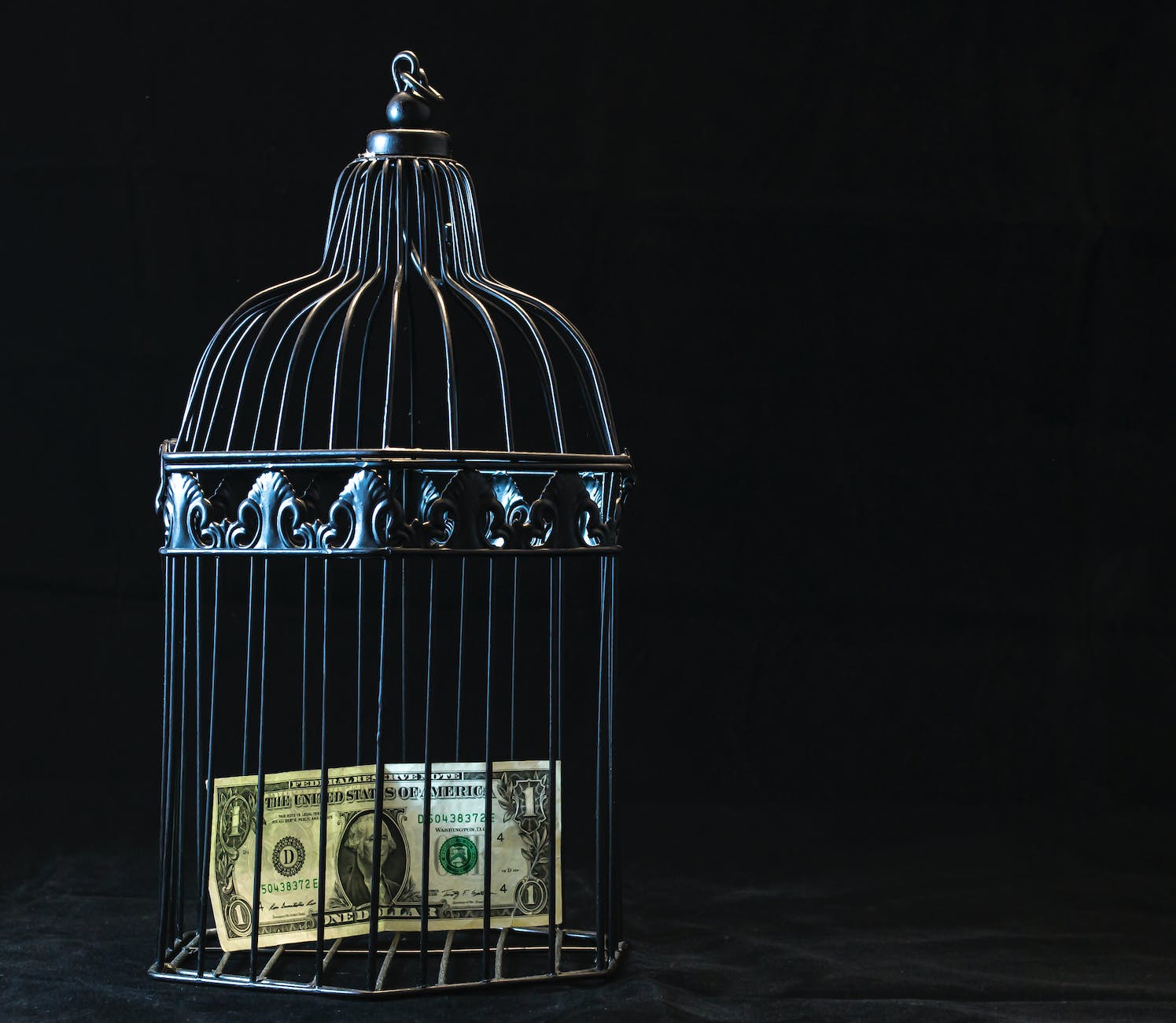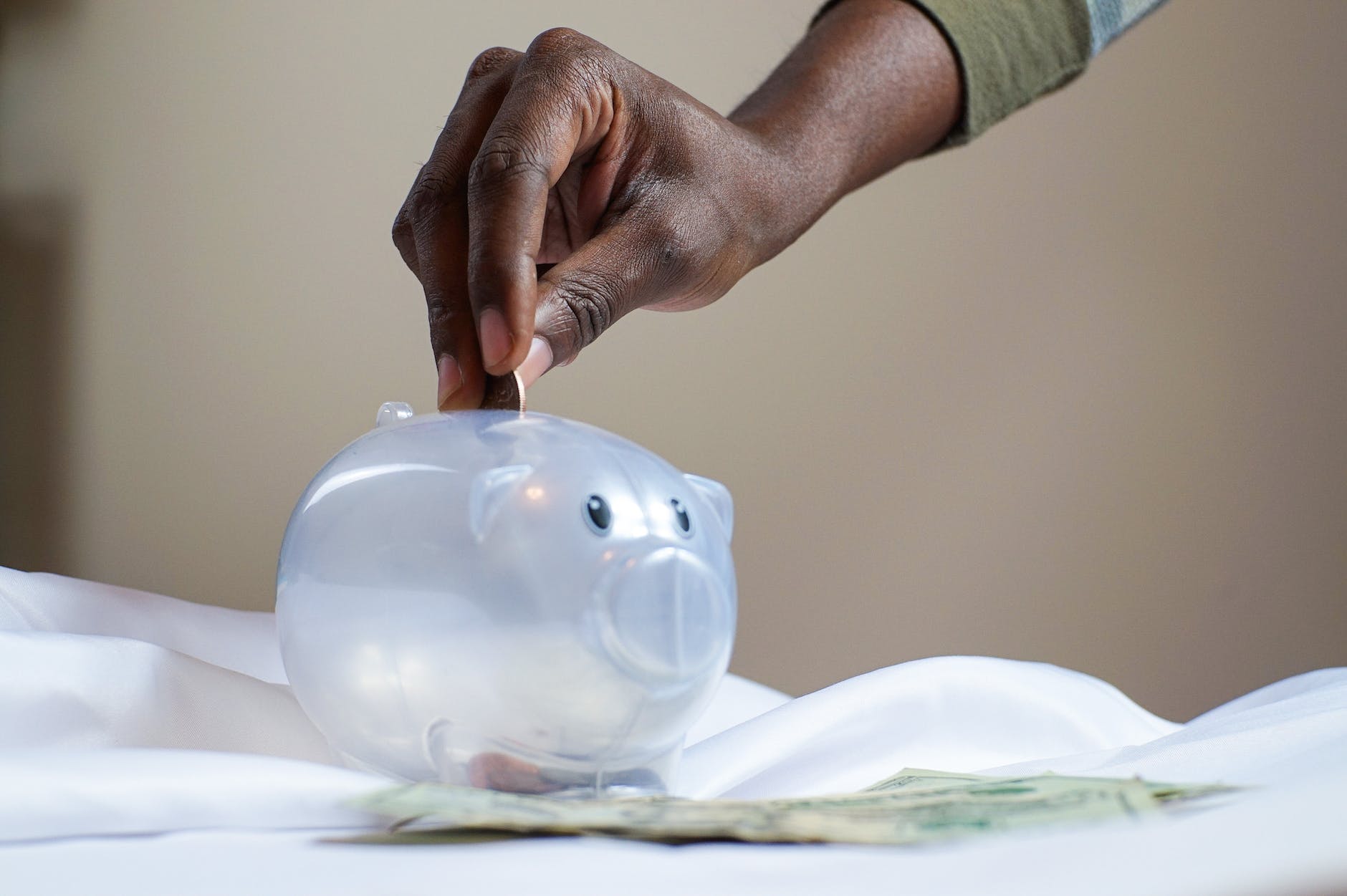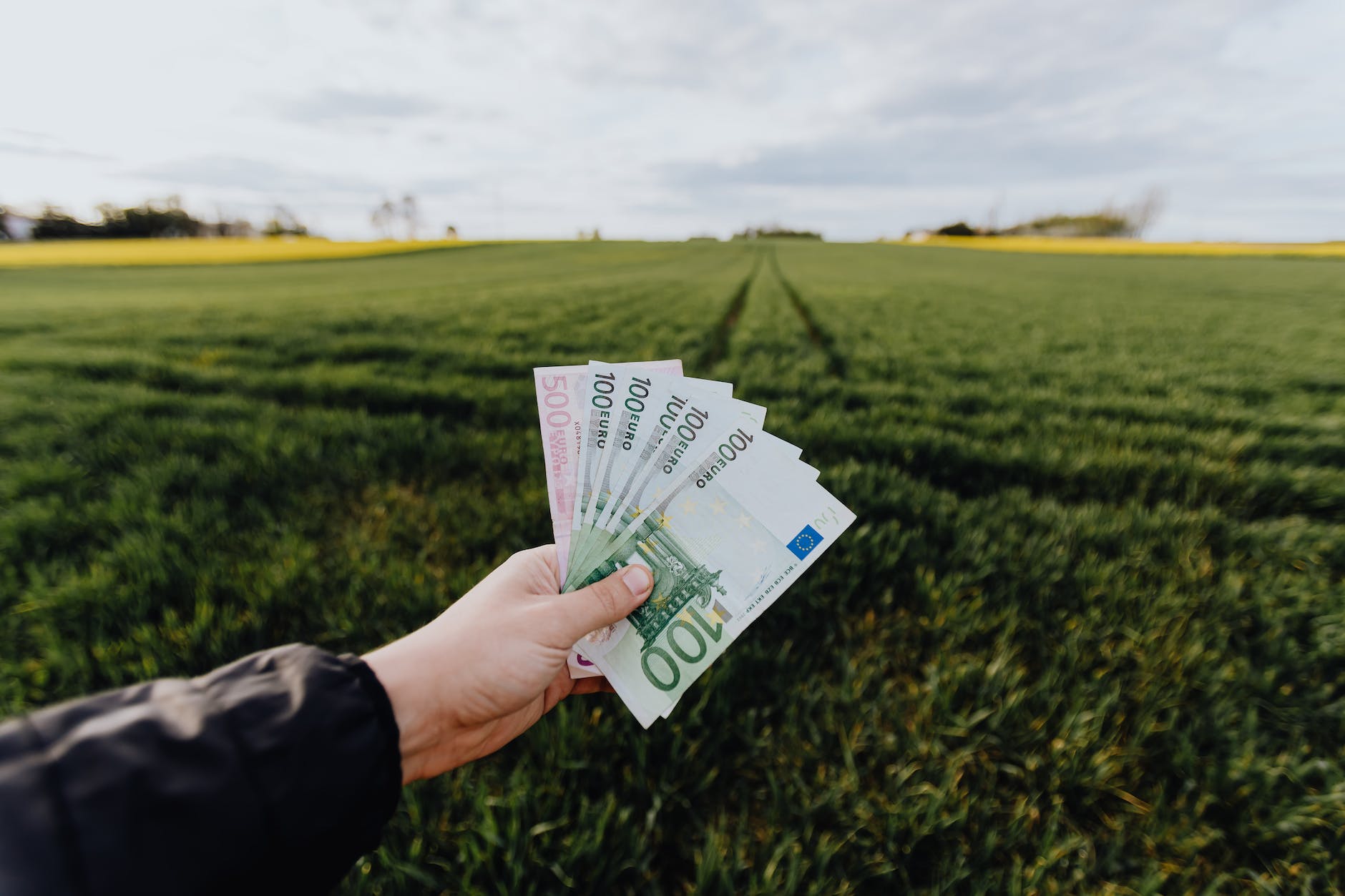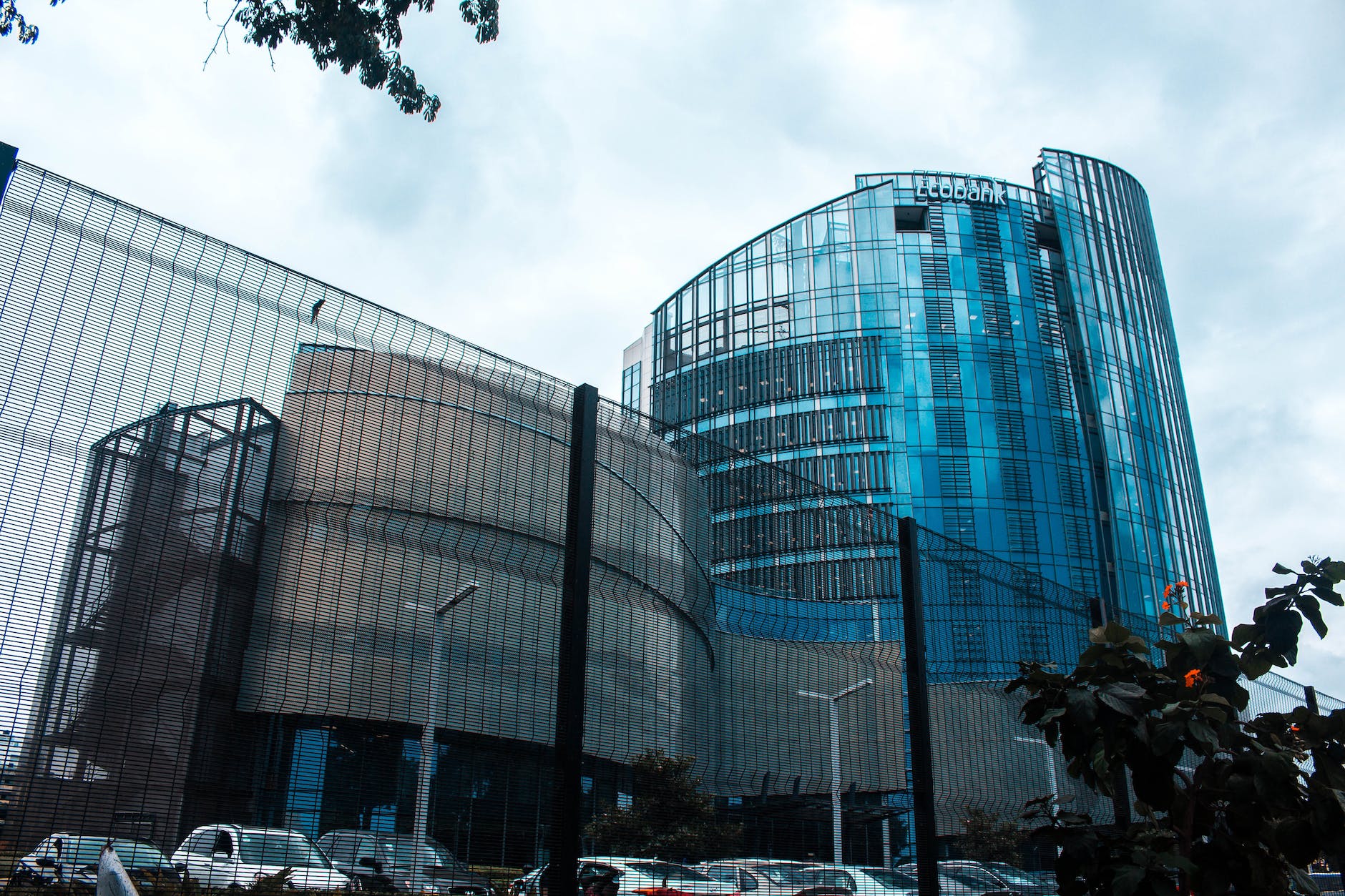Are you relying solely on your savings account to get you through unexpected financial emergencies? While having a savings account is certainly smart, it may not be enough to protect you from the true financial shocks that life can bring. That’s why we’re here today to make the case for building an emergency fund – one that’s specifically designed to help cushion the blow when life throws you a curveball. So if you’re ready to learn more about why an emergency fund is so essential, buckle up and keep reading!
Introduction: Why Your Savings Account Isn’t Enough
It’s no secret that saving money is important. But what’s even more important is having a plan for what to do with that money once it’s saved. That’s where an emergency fund comes in.
An emergency fund is a pool of money set aside specifically for unexpected expenses. This could be anything from a medical emergency to a car repair to a job loss. Having an emergency fund gives you peace of mind knowing that you have a safety net in place should something unexpected happen.
One of the biggest mistakes people make is thinking that their savings account is enough to cover any and all emergencies. But the reality is that savings accounts are not designed for this purpose. They typically have low interest rates and can be subject to fees if you need to access your funds early.
An emergency fund, on the other hand, is designed specifically for emergencies. It should be kept in a separate account, such as a high-yield savings account, so that you can earn interest on your balance while still having quick and easy access to your funds when you need them most.
So if you don’t have an emergency fund yet, now is the time to start one. It could be the difference between weathering a financial setback and being forced into debt.
What is an Emergency Fund?
An emergency fund is a pool of money that you set aside specifically for unexpected expenses. This could be anything from a car repair to a medical bill to a job loss. The key is that it’s money that you don’t expect to need, but is there just in case.
Most financial experts recommend having an emergency fund that can cover 3-6 months of living expenses. This may seem like a lot, but it’s important to have enough saved up so that you’re not left scrambling if something unexpected comes up.
There are a few different ways to set up an emergency fund. You can open a separate savings account specifically for this purpose, or you can just designate a certain amount of money each month to go into your regular savings account. Whichever method you choose, the important thing is to make sure that the money is easily accessible in case you need it.
One final note on emergency funds: while it’s important to have one, it’s also important not to let it become a crutch. If you find yourself dipping into your emergency fund too often, it’s time to take a look at your overall finances and see where you can make some changes.
How Much Money Should You Have in Your Emergency Fund?
When most people think about saving money, they automatically think of their savings account. And while having a savings account is important, it’s not enough if you don’t also have an emergency fund.
An emergency fund is a separate account that you use for unexpected expenses. This could be anything from a medical emergency to a car repair. Having an emergency fund ensures that you have the money you need when something unexpected comes up.
So how much money should you have in your emergency fund? Ideally, you should have enough to cover three to six months of living expenses. This may seem like a lot, but it’s important to have a cushion in case you face a financial emergency.
Of course, everyone’s situation is different and you may not be able to reach this goal right away. The important thing is to start building your emergency fund as soon as possible so that you’re prepared for anything life throws your way.
Benefits of Having an Emergency Fund
One of the most important aspects of personal finance is having an emergency fund. An emergency fund is a savings account that is used for unexpected expenses, such as a job loss, medical bills, or car repairs. Many people do not have an emergency fund, and this can lead to financial ruin in the event of an unexpected expense.
There are many benefits to having an emergency fund. First, it provides peace of mind in knowing that you have money set aside for unexpected expenses. Second, it can help you avoid going into debt if you have an unexpected expense. Third, an emergency fund can help you avoid using high-interest credit cards or payday loans to pay for unexpected expenses. Fourth, an emergency fund can help you stay on track with your financial goals. If you are working towards a specific goal, such as saving for a down payment on a house or retirement, an emergency fund can help you stay on track by providing funds for unexpected expenses without derailing your progress.
If you do not have an emergency fund, now is the time to start one. Begin by setting aside some money each month into a savings account specifically for emergencies. Start small if necessary, but make sure that you are putting away something each month so that you will have funds available when you need them.
Strategies to Build an Emergency Fund
One of the best things you can do for your financial wellbeing is to create an emergency fund. An emergency fund is a savings account that you use specifically for unexpected expenses, like a car repair or medical bill. Having an emergency fund gives you peace of mind knowing that you have money set aside specifically for these types of situations.
There are a few different strategies you can use to build up your emergency fund. One option is to set up a automatic transfer from your checking account to your savings account each month. This way, you are automatically saving money each month without having to think about it. Another strategy is to save any extra money you have after paying your bills each month. This could be money from a side hustle, tax refund, or bonus at work. Whatever the source, this extra money can be used to help grow your emergency fund quickly.
The most important thing is to get started! Begin with whatever amount you can comfortably save each month and then increase that amount as you get more comfortable with the idea of saving for emergencies. By using one of these strategies (or a combination of both), you can quickly build up your emergency fund so that you’re prepared for anything life throws your way.
Alternatives to An Emergency Fund
When it comes to financial security, an emergency fund is key. But what if you don’t have the savings to cover an unexpected expense? There are a few alternatives to an emergency fund that can help you in a pinch.
One option is to use a credit card. If you have a credit card with a good interest rate and enough available credit, you can use it to cover unexpected expenses. Just be sure to pay off the balance as soon as possible to avoid accruing interest.
Another alternative is to take out a personal loan. Personal loans typically have lower interest rates than credit cards, so this can be a more cost-effective option. However, you’ll need to make sure you can afford the monthly payments before taking out a loan.
You could also tap into your home equity by taking out a home equity loan or line of credit. This can be a good option if you have equity built up in your home and need cash for an emergency expense. However, keep in mind that your home is collateral for these loans, so make sure you can repay the debt before putting your home at risk.
Conclusion
When it comes to protecting your finances, a savings account is just the first step. An emergency fund provides an extra layer of protection and peace-of-mind when unexpected expenses arise. By creating an emergency fund, you can ensure that you are prepared for any financial situation without having to worry about dipping into your hard-earned savings. Start with small goals and work towards building up your emergency fund over time so that you can feel secure in knowing that if anything should happen, you’ll be able to handle it without fear or stress.











